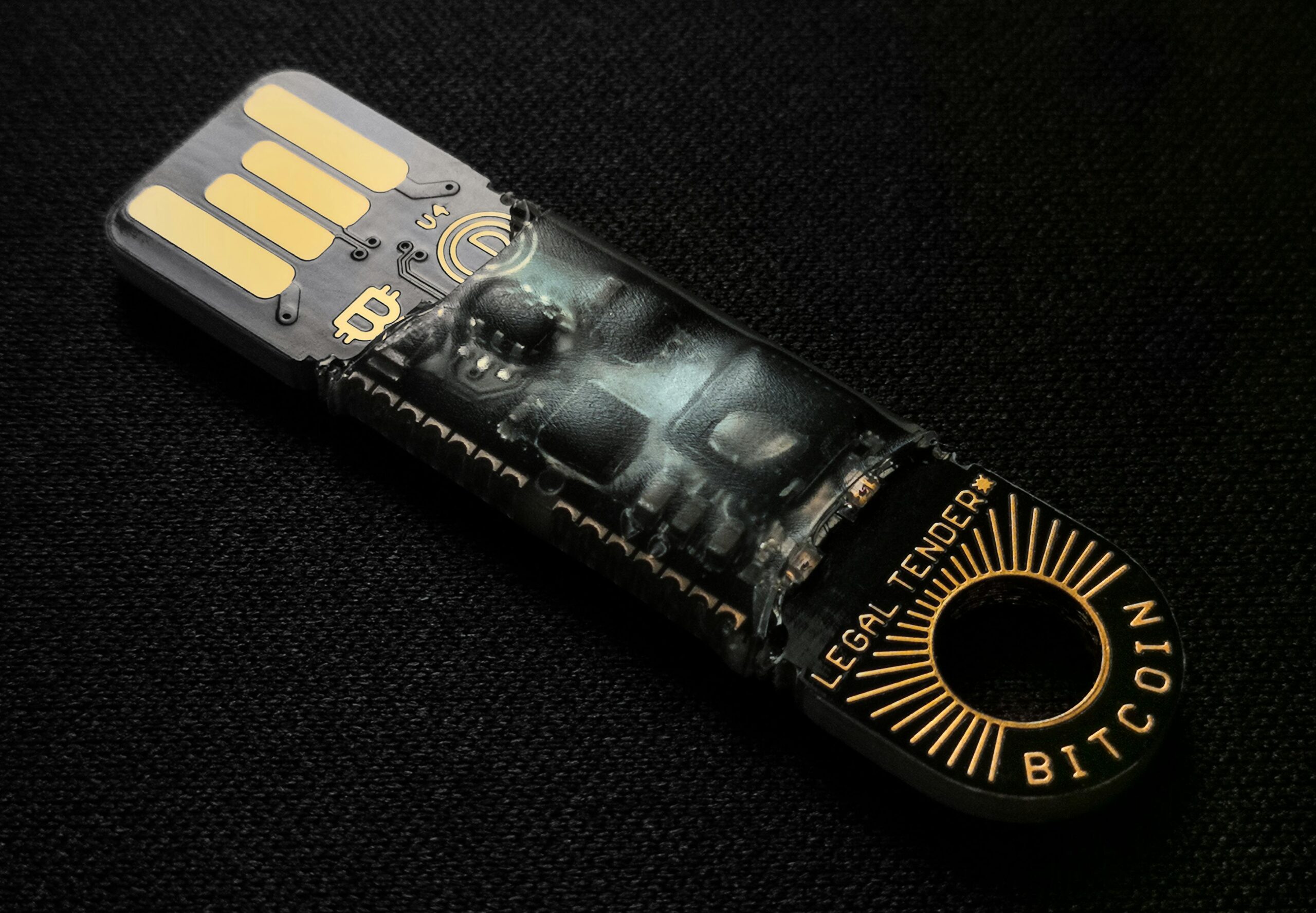In the ever-evolving world of space exploration and satellite communication, secure data transmission is paramount. The vast distances and the sensitive nature of data traveling between Earth and space assets demand robust security measures. One emerging technology providing a solution is blockchain. Its decentralized nature makes it ideal for safeguarding data in space-related endeavors. In this article, we’ll explore the 10 blockchain technologies for secure space data transmission, ensuring that the data is not only safe but also transmitted efficiently across vast distances.
10 Blockchain for Secure Space Data Transmission
Blockchain technology offers an unparalleled level of security due to its immutable and decentralized structure. When applied to space data transmission, it provides a range of benefits that can enhance both security and efficiency. Here are ten notable blockchains transforming secure space data transmission:
1. Ethereum for Satellite Communication
Ethereum, one of the most popular blockchain platforms, offers decentralized solutions that can support secure space data transmission. By leveraging smart contracts, Ethereum ensures that the information exchanged between satellites and ground stations is protected from unauthorized access or tampering.
2. Hyperledger for Data Integrity
Hyperledger’s permissioned blockchain is ideal for industries where data integrity and security are crucial. In space data transmission, Hyperledger ensures that only authorized parties can access and modify sensitive information, reducing the risk of data breaches.
3. Stellar for Decentralized Satellite Networks
Stellar’s blockchain, primarily known for financial transactions, can be utilized to create decentralized satellite networks. These networks can transmit secure data while maintaining transparency and ensuring low latency across communication channels.
4. Chainlink for Secure Satellite Oracles
Chainlink provides blockchain oracles that can bridge off-chain data with on-chain smart contracts. When applied to space data transmission, Chainlink ensures that data from satellites is securely fed into blockchain networks, making it tamper-proof and reliable.
5. IOTA for IoT-Enabled Space Systems
With the rise of the Internet of Things (IoT) in space exploration, IOTA’s blockchain can securely manage data transmission between IoT devices on satellites, spacecraft, and ground stations. IOTA’s feeless nature makes it an attractive option for handling vast amounts of data in space.
6. VeChain for Satellite Supply Chain Management
VeChain is primarily known for enhancing supply chain security, but it can also play a significant role in space data transmission. Through its transparent and secure system, VeChain can track and authenticate the movement of sensitive data across multiple space missions.
7. EOSIO for Real-Time Data Exchange
EOSIO’s blockchain offers high-speed transactions, making it perfect for real-time data exchange between space assets. Its decentralized nature ensures that information remains secure throughout the transmission process without delays or bottlenecks.
8. Tezos for Self-Amending Blockchains
Tezos offers self-amending blockchain capabilities, which allow the system to evolve and upgrade without disruption. For space data transmission, this means that Tezos-based systems can adapt to emerging challenges and improve security protocols autonomously.
9. Polkadot for Interoperability Between Space Agencies
Polkadot’s unique multi-chain technology allows different blockchain networks to communicate and work together. This can be highly beneficial in space data transmission where interoperability between various space agencies or organizations is necessary.
10. Solana for High-Throughput Satellite Data
Solana’s blockchain is known for its high throughput, which can support fast and secure data transmission between satellites and ground control. Its efficiency makes it an ideal blockchain for managing large-scale space data in real-time.
The Importance of Blockchain in Space Data Security
As space exploration advances, the volume and sensitivity of the data being transmitted will only increase. Satellites communicate with each other and with ground stations, transmitting crucial information about Earth’s atmosphere, space weather, and more. The decentralized and immutable nature of blockchain makes it ideal for protecting this data from cyber threats, ensuring privacy, and preventing tampering.
By adopting blockchain for space data transmission, space agencies, private companies, and even governments can ensure that their data remains secure and tamper-proof. Blockchain also offers transparency, which is essential in space missions involving multiple stakeholders.
Challenges in Implementing Blockchain for Space Data Transmission
While blockchain offers a lot of promise, there are challenges in integrating it into space data transmission systems. The primary challenge is the vast distance that data has to travel. This can lead to latency issues that might affect real-time data exchanges. Moreover, the hardware constraints of satellites pose another challenge. Blockchain is computationally heavy, and finding the right balance between security and efficiency is crucial for space systems.
Conclusion
Blockchain technology is revolutionizing secure space data transmission by offering decentralized, transparent, and immutable security features. The ten blockchain technologies mentioned here—Ethereum, Hyperledger, Stellar, Chainlink, IOTA, VeChain, EOSIO, Tezos, Polkadot, and Solana—are paving the way for secure and efficient communication between Earth and space assets. While challenges remain, the potential of blockchain in space applications is vast, ensuring a future where space data is protected from cyber threats and transmitted seamlessly.
FAQ
What is the role of blockchain in space data transmission?
Blockchain secures space data transmission by ensuring that data remains tamper-proof, decentralized, and transparent, making it resistant to cyber-attacks and unauthorized access.
Can blockchain handle the vast amount of data transmitted by satellites?
Yes, certain blockchains like Solana and EOSIO are designed for high-throughput and can manage the large data volumes transmitted by satellites.
Are there challenges in implementing blockchain in space systems?
Yes, blockchain’s computational requirements and latency due to vast distances are two major challenges. However, ongoing innovations are addressing these limitations.
Which blockchain is most suitable for space data transmission?
Different blockchains offer unique advantages. Ethereum is ideal for smart contracts, while Polkadot offers interoperability between networks. Solana is known for its high throughput, making it ideal for real-time satellite data.




